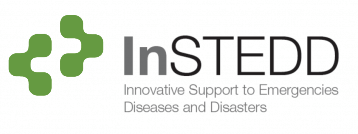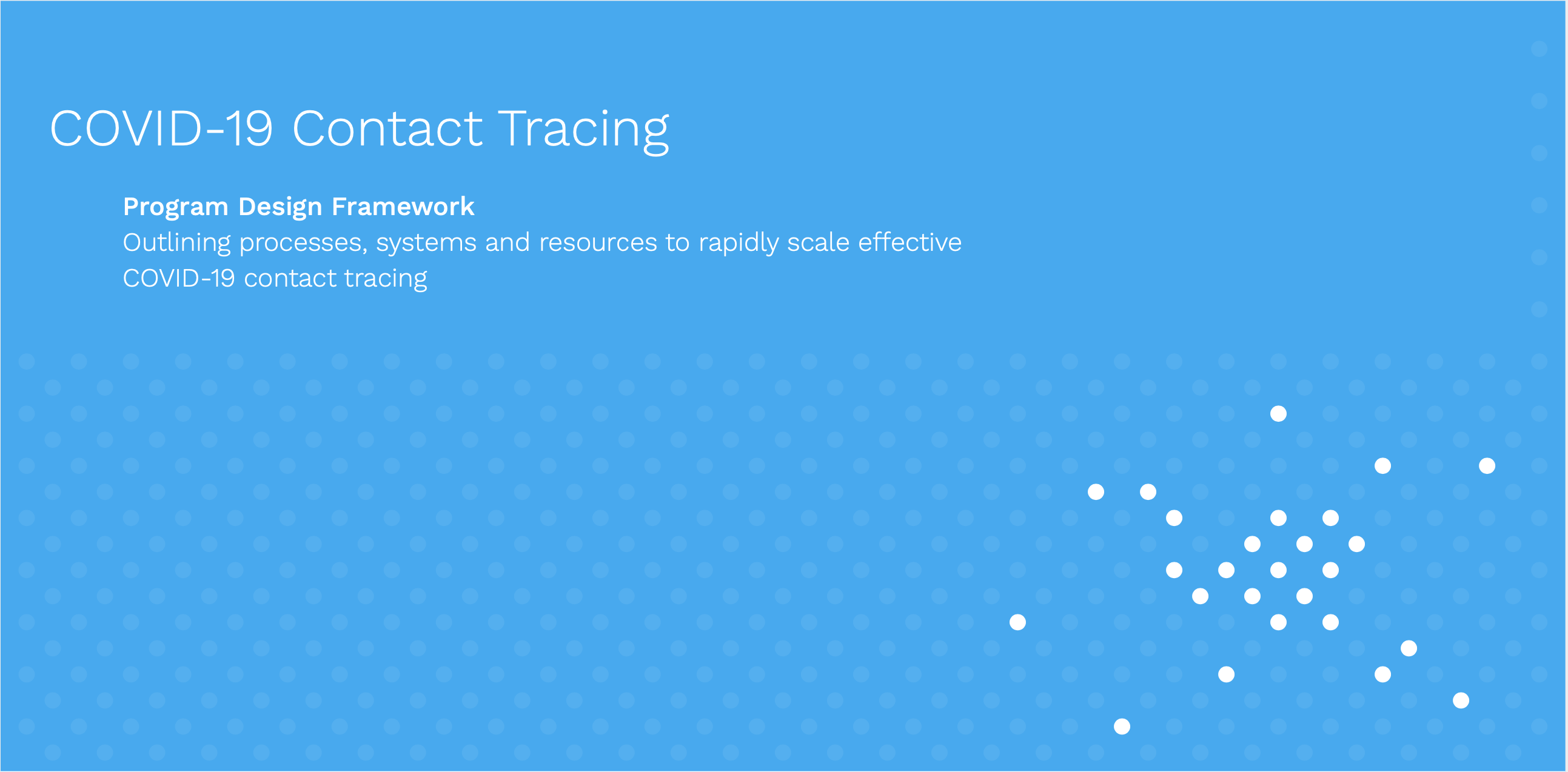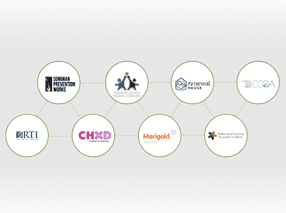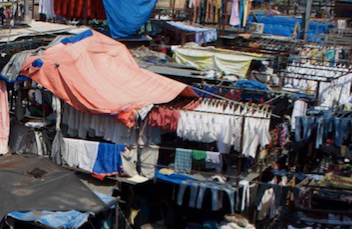
FHI 360's Sopheap Seng presents a prototype of Smart Girl, a mobile app to provide info service directory for women at risk. It's one of the results from a day-long hackathon at InSTEDD Innovation Camp as developers work intensively with woman and health managers.
Phnom Penh, February 28, 2014 — InSTEDD Innovation Lab Southeast Asia’s (iLab SEA) developers will work together with health program managers and experts to build, adapt, and improve prototype projects to improve women’s health and disease surveillance.
Organizers of InSTEDD Innovation Camp expect about 20 participants for the 8 hours starting at 8:30 a.m. Friday, February 28, 2014.
http://t.co/rfTC6CwfFw great hackathon on #ict4d with lots of NGOs & techies at @ilabsea this morning! @oxfam @fhi360 @oneworlduk @m4good
— Jeffrey Allen (@jallen300) February 28, 2014
The day-long Innovation Camp at iLab SEA “will match our developers and those with an understanding of a social problem to help design, develop, and improve technology tools that help them better communicate and organize information,” says Channe Suy, product owner at iLab SEA.
Proud of our girl team building a prototype app for FHI360 to list service directory in less than a day @iLabSEA pic.twitter.com/C6z8rGEhqu
— Channe (@s_channe) February 28, 2014
This second Innovation Camp will also introduce health program managers and experts to mobile technologies for real-time data collection projects and collaboration tool for self-organizing group communications. A break-out session will enable participants to collaboratively design, configure, and demonstrate tools with a special focus on women’s health and disease surveillance.
At the end of the Innovation Camp, the intense input and ideas will be presented and documented among the participants and health community in Cambodia.
The first Innovation Camp took place last October, as local and international civil society organizations collaborated to develop technologies for their programs.
The iLab SEA is a locally run innovation lab focused on the sustainable design and development of technologies for social good. iLab SEA acts as enabling environments for technology transfer and collaboration between software developers, governments, NGOs, universities, private sector companies, local communities and experts from a variety of disciplines.
When: February 28, 2014
InSTEDD Innovation Camp enables our developers and those with an understanding of a social problem to help design, develop, and improve technologies that can improve collaboration, information flow, knowledge sharing, and participatory surveillance, including during disaster response.
Objectives
- To celebrate International Women’s Day
- To introduce mobile technologies to women and health program managers
- To design the prototype of solutions to match the requirements of the use cases
What should I bring?
- Ideas, project use cases, and challenges
- A laptop, a tablet, or a mobile phone
What will I get at the end of the day?
- Rapid analysis of your use cases and recommendations of open source technologies to help organizations better deliver critical services to vulnerable populations
- Early application design and prototype of solutions that you can take back for project development and implementation
- In-depth understanding of how to leverage the power of mobile tech for current and future projects
Who should attend?
- Program or project managers who want to apply innovative technologies to their projects to yield better outcomes and impact
- Technologists, tech enthusiasts, and thinkers





